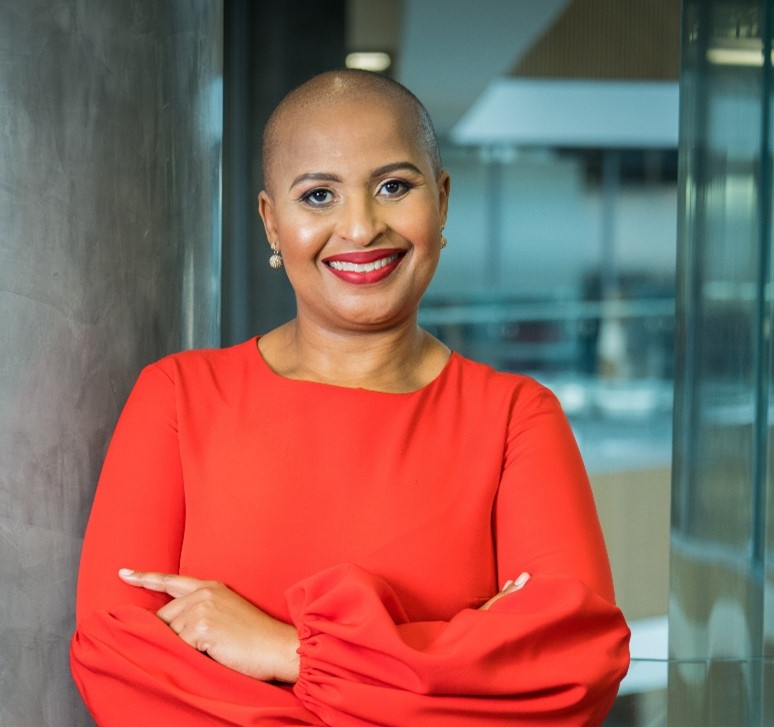Empowering Change
Gender Equality Committees, in collaboration with prominent women leaders, act as catalysts for gender parity. Their united expertise drives cross-industry innovation, mentors future professionals, and leverages networks to promote widespread gender equality and tailored industry solutions.
By Lettie-Basani Phume
Gender equality remains an imperative that demands concerted efforts from both public and private sectors. As a Human Capital Executive, I am convinced that active participation on a Gender Equality Committee can be a catalyst for profound societal and corporate transformation. I was recently invited by the Shared Value Africa Initiative (SVAI) to serve on their Gender Equality Committee, and the privilege of serving alongside esteemed women leaders from diverse industries amplifies the committee’s impact and adds immense value to the pursuit of gender equality. This article explores the critical role of Gender Equality Committee in driving progress and the unique value derived from collaborating with accomplished women leaders.

Serving on a Gender Equality Committee with esteemed women leaders from diverse industries is a compelling opportunity to drive substantive change both within organisations and society at large. The collaboration of these accomplished leaders brings together varied expertise, fostering cross-industry collaboration and innovative problem-solving. Moreover, they serve as role models and mentors, inspiring the next generation to strive for gender equality. Through leveraging networks and influential voices, the committee gains traction in advocating for progressive policies and practices.
United Forces for a Common Cause
When a Gender Equality Committee brings together esteemed women leaders from different industries, it creates a powerhouse of influence, experience, and expertise. These leaders have surmounted diverse challenges in their respective fields, and their collective wisdom becomes a valuable asset in addressing systemic gender disparities. Their shared vision and determination for a more equitable society foster a sense of camaraderie and drive, propelling the committee towards tangible results.
Fostering Cross-Industry Collaboration
The diversity of industries represented on a Gender Equality Committee ensures the cross-pollination of ideas and best practices. As these accomplished women leaders exchange insights from their specific fields, the committee gains a holistic understanding of the multifaceted challenges faced by women. Such collaboration opens doors to innovative solutions that might otherwise remain undiscovered in a siloed approach.
Role Models and Mentors
Having esteemed women leaders on the committee serves as a powerful source of inspiration for aspiring professionals, particularly women. Their presence and accomplishments send a message of hope and determination, showing that gender equality is not only attainable but also sustainable. These leaders act as mentors, nurturing the next generation of talent and empowering them to challenge societal norms and stereotypes.
Leveraging Networks and Influential Voices
The affiliation of prominent women leaders amplifies the committee’s voice and extends its reach to broader audiences. These leaders often have extensive networks and influential platforms, enabling them to advocate for gender equality on a larger scale. Leveraging these connections can lead to strategic partnerships, garnering support from businesses, governments, and civil society in pursuit of common goals.
Advocating for Industry-Specific Initiatives
Esteemed women leaders contribute unique perspectives based on their industry experiences. This insight is invaluable in formulating targeted strategies and initiatives that address specific gender equality issues prevalent in their sectors. Tailored approaches have a higher chance of success, as they consider the nuances and challenges faced by women in different industries.
Conclusion
Serving on a Gender Equality Committee is not just an act of social responsibility; it is a strategic imperative for any country or company that aspires to achieve its full potential. These committees have the power to transform organisational cultures, boost productivity, and drive economic growth by promoting diversity and inclusion. By empowering women, advocating for equal pay, and influencing national policies, these committees pave the way for a fairer, more prosperous, and progressive society. As women, it is our duty to champion gender equality and actively participate in these committees, as doing so will shape a brighter future for generations to come.
Lettie-Basani Phume is the Human Capital Executive for the Momentum Metropolitan Group. She is a seasoned HR leader with a 20-year experience and promotes the concept of self-mastery as the cornerstone of effective leadership.




